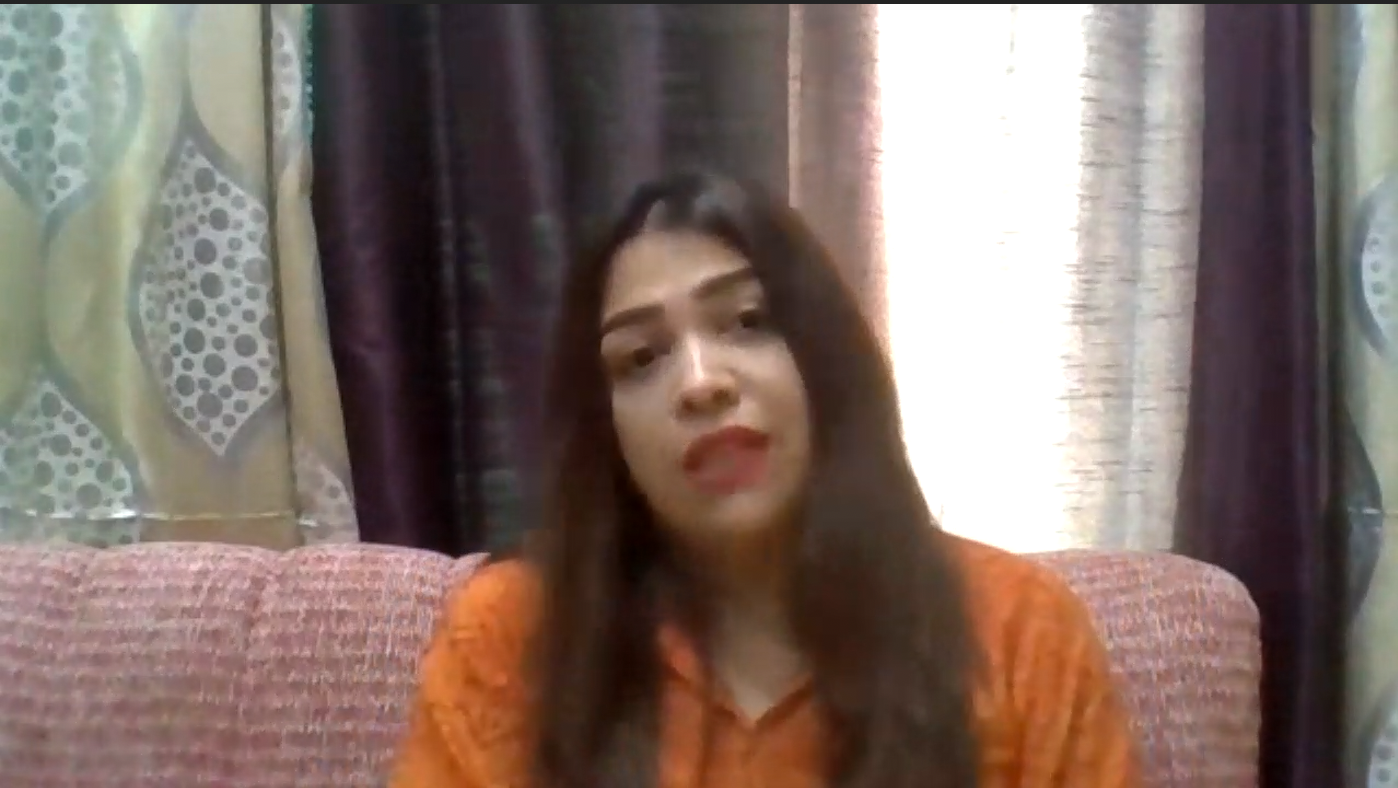Talking Endometriosis with Ramma Cheema
On the evening of Friday, July 30th, we were joined online by Ramma Cheema to discuss endometriosis. Ramma is the founder of Beti, an advocacy program that aims to promote the inclusion of women. We had our discussion on Zoom and it was broadcast on the Raaji Facebook page. Ramma herself has experienced Stage 4 Acute Endometriosis, hence she shed light on her own experiences.
Endometriosis refers to a condition where tissue similar to the endometrium grows outside the uterus. People in Pakistan believe that Endometriosis is rare, however research by the Journal Of Pakistan Medical Association disproves this belief. The frequency of the condition in women with primary complaints of infertility is 16.8%.
This is concerning because the research conducted is limited so this statistic might not even reflect the real gravity of the condition in Pakistan. Ramma agreed that since endometriosis is considered a rare condition, limited to people with uteruses, not many resources are pooled into researching easier and effective diagnosis and treatment for it.
Ramma emphasized the importance of women reclaiming narratives about reproductive health and rights.
She spoke about the difficulties in diagnosing endometriosis. She explained how she experienced very painful periods by the time she was 16-17. The pain was to the extent where her daily routine would be affected, she would faint, and would require medical attention. She explained that when one is not married, doctors are very careful, avoiding internal procedures. Adding to that, she added that many people and doctors around her did not entirely believe the extent of her pain.
While she acknowledged that using Google to learn more about one’s symptoms can lead one to get carried away, the dismissal and invalidation of her symptoms led to her taking them to the internet. She had a feeling that she had Endometriosis. Hence, after getting married, she convinced the doctor to carry out an investigative laparoscopy after which the diagnosis was conclusive. She also talked about her experiences with having trouble conceiving and similar patterns of invalidation.
While talking about management and solutions, Ramma prefaced the discussion by saying that what works for her is based on her lifestyle and body, and that she consults professional physicians for her treatment. Hence, it might not work as well for others with the condition so everyone should consult professionals to get advice on how to manage their advice better.
She mentioned how pregnancy naturally made her symptoms subside temporarily. She also mentioned exercise and diet changes such as reducing caffeine. She also spoke about procedures such as prescription hormones, invasive laparoscopies and other surgeries and concluded saying it is ultimately the person’s decision for what treatment works best for them. Ramma’s medical responsibility and dedication towards her condition was commendable.
We also discussed how the aspects of mental health that come with Endometriosis and other menstrual disorders are important to talk to.
As a closing remark, Ramma advised young people experiencing symptoms of mental disorders to listen to their bodies, do their research and ultimately see a doctor.
.png)
